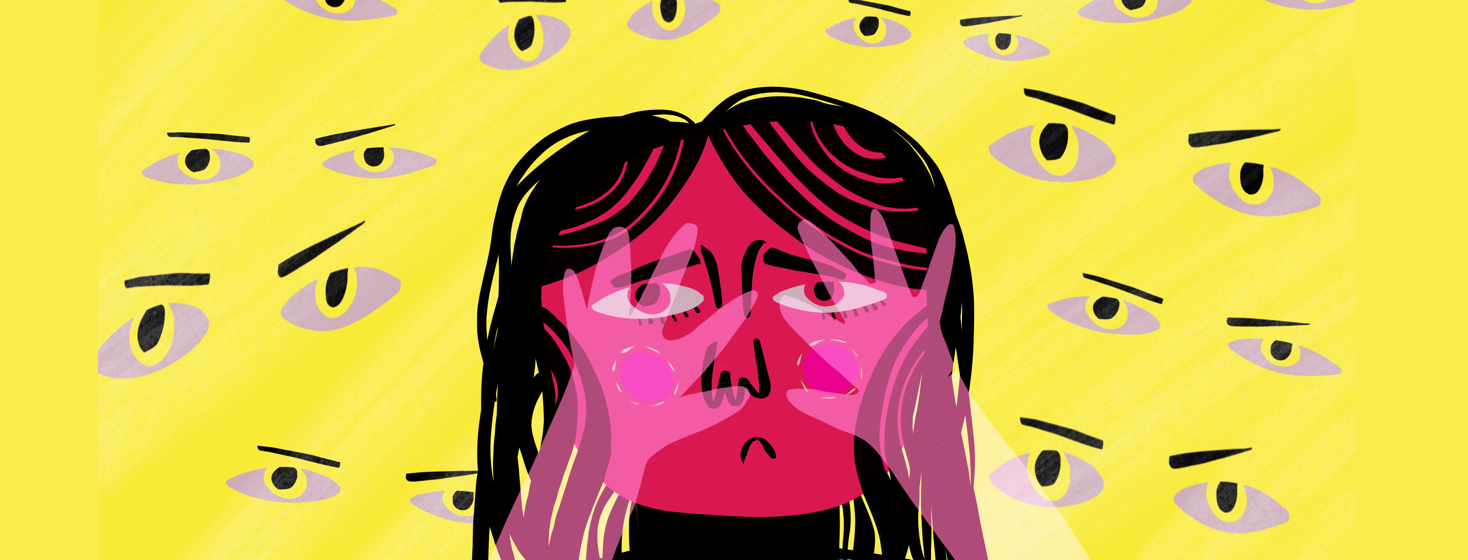Endometriosis Is Nothing To Be Ashamed Of
It is difficult to explain chronic illnesses to people who don’t suffer from one themselves. People always assume there is a cure, or that your illness follows a certain pattern, a logic that will allow you to anticipate the effects. When I explain endometriosis to people and how it sometimes allows me to live a normal life, but sometimes makes me curl up in a ball of pain – seemingly out of the blue – these people find that hard to comprehend.
Endometriosis symptoms can be embarrassing
The “problem” with endometriosis – and explaining it to people – is that endometriosis symptoms can be embarrassing. First of all, there’s the embarrassment of talking about menstruation-related problems. Sadly, menstruation is still a bit of a taboo subject in society. We don’t really talk about it – and certainly not with our (male) colleagues. So when our period catches us unawares at our job, it’s hard to go to out boss and say, “Listen, I got my period and am in significant pain, can I go home?”
Second, menstruation with endometriosis is often accompanied by heavy bleeding – often with clots! – which isn’t very pleasant to talk about (let alone experience). And so we don’t. We just suffer in silence and hope and pray our sanitary products will be strong enough to hide our embarrassment.
And then there are the IBS-type symptoms, which no one likes to talk about either. Heavy cramping combined with diarrhea makes for a very unpleasant combination, so we hide it and pretend everything is okay.
Endometriosis is nothing to be ashamed of
I have heard quite a few people say that they are ashamed of endometriosis. It’s a disease they don’t feel comfortable talking about, mostly because of the above-mentioned embarrassing symptoms. But endometriosis is nothing to be ashamed of. You haven’t done anything wrong when you have endometriosis. And if the shame prevents you from speaking out – either to friends, family, colleagues or to your doctors – it will be so much more difficult to receive help.
Speaking out decreases the embarrassment
I remember the first time I told my boss about my endometriosis. I was very nervous and not entirely sure how to breach the subject. I had a male boss at the time, which made it even more awkward. But as my flare ups had an impact on my work, I needed to tell him something so he understood I wasn’t just slacking off at work. The conversation was difficult – for both of us, I think – but afterwards, I felt so much better. So much, in fact, that I resolved there and then not to be shy about my chronic illness anymore. Telling more and more people about endometriosis significantly decreased my embarrassment of the illness. And I noticed something else: my friends and family felt more comfortable asking me specific questions about endometriosis, and about how I was feeling on a particular day. Speaking out is difficult, but if we stay silent about our illness, we contribute to the taboo and shame.

Join the conversation